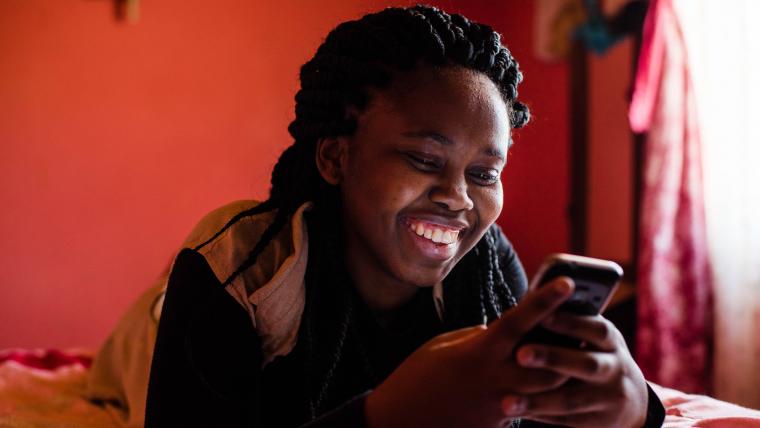
The scientist poised to save millions from the devastation of malaria
Africa has been at the mercy of Malaria for thousands of years. Killing half a million people on the continent each year, the disease is yet to meet its equal. But this could soon change. A team of young scientists at UCT has uncovered a compound that has the potential to attack Malaria at all three stages of its cycle through the human body, with a force beyond anything in modern medicine.
The team works from UCT’s H3D Centre for Drug Discovery. Comprised of three integrated labs, looking at chemistry, biology and pharmacology respectively, the centre is the first of its kind in Africa. Professor Kelly Chibale is the man who pulled it all together in 2009. While studying abroad as a Fullbright Scholar, he realised the need to introduce South African science to world-class drug discovery experts. We’ve always had the brain power to make progress in research, but until now have lacked the ability to bridge the gap to real life impact. Drawing on the connections he’d made overseas, Chibale returned to galvanise change. And the results have been inspiring. The centre’s latest Malaria-targeting compound, UCT943, is the second found by the team, the first having come in 2012.
“We are Africans standing up and solving African problems,” says Chibale. UCT943 is currently undergoing clinical trial, a process that takes years to complete, not to mention extensive funding. And while Chibale and company have been well supported thus far, further investment from the corporate and government sectors is essential to ensuring that this incredible find reaches those in need. South African science is bustling with bright, intelligent young minds whose depth of ability is matched only by their conviction to make a difference to the world. And while leaders like Chibale are there to nurture talent, our future pioneers need the backing of the nation to have the greatest chance of taking down giants like Malaria.






























Please sign in to leave a comment